China values historical heritage protection for balanced, sustained growth
Updated: 2016-04-13 02:17
(Xinhua)
|
|||||||||
In a written instruction to a national meeting on the topic on Tuesday, Xi said that the balance is a difficult one to strike in a country that is urbanizing at such a fast pace.
The president called cultural relics "a valuable legacy from our ancestors," stressing that conservation will benefit future generations.
China is a great nation boasting an innumerable amount of cultural treasures, Xi said.
He ordered authorities at various levels to beef up protection of cultural relics and promote proper and moderate utilization of these relics so as to bring more benefits to the people.
He urged Party and government departments to keep in mind that this conservation is part of their official duties, and suggested that "private sectors should be mobilized and involved in the effort."
Premier Li Keqiang also wrote comments on the country's relics protection, saying the work should help amplify the role of outstanding traditional culture in inspiring and propelling the progress of modern society.
Local authorities should contribute more efforts to protecting cultural relics and enhancing supervision, Li said.
Scientific preservation of cultural relics means giving full play to the social, cultural, and educational function of relics, the premier said, adding that the whole society should be encouraged to actively participate in preserving them.
"Local governments often consider economic development and heritage conservation two issues that conflict with each other, while they can contribute to each other," said Huang Zhenchun, deputy curator of the National Museum of China.
China is home to huge numbers of historic relics. According to the third national archaeological survey which was completed in 2011, there are more than 760,000 registered unmovable cultural items.
Citing several state parks of archaeological sites as successful examples, Wang Wei, director of the Institute of Archaeology at the Chinese Academy of Social Sciences, said it is important to find a proper way of using historic sites to boost social and economic development without undermining the relics so that they can enjoy sustainable preservation.
Shan Jixiang, curator of the Palace Museum, called for encouraging the involvement of the general public.
Related Stories
Chinese buyers retrace cultural relics from auction houses around world 2016-03-31 15:42
China to set up non-profit fund for private cultural relics 2016-03-31 10:07
Q&A: Cultural relics protection 2016-03-16 12:39
China calls for better protection of cultural relics 2016-03-09 16:39
China to consider cultural relics protection when evaluating officials 2016-02-28 10:35
Protection enhanced for cultural relics 2016-02-25 08:23
Today's Top News
Hello, China! Stephen Hawking debuts Weibo account
Manila set to restart revamp of airport in S China Sea
Forget cabs, now you can book plane through apps
Britain and China must join to solve steel crisis, ambassador says
Chinese soccer aims to be among world top teams by 2050
E-commerce tax not applicable on travelers,
says ministry
China gains stakes in Piraeus Deal
Riding on emotions
Hot Topics
Lunar probe , China growth forecasts, Emission rules get tougher, China seen through 'colored lens', International board,
Editor's Picks
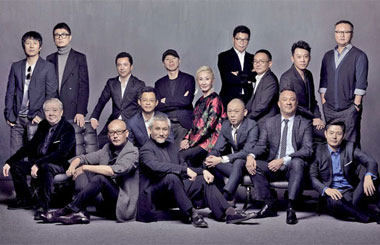
|
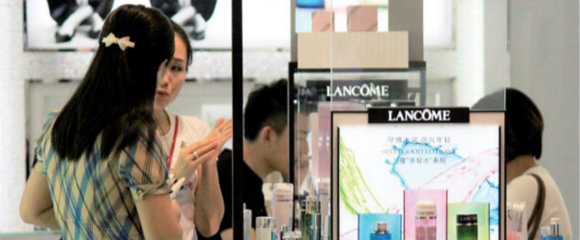
|
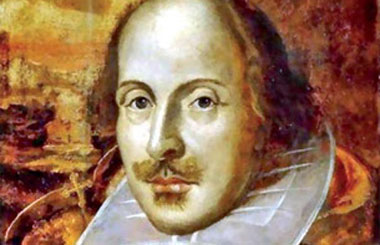
|
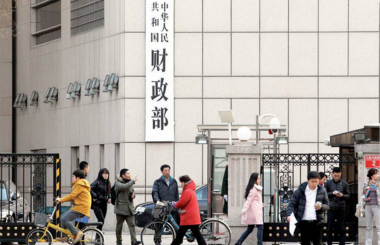
|

|
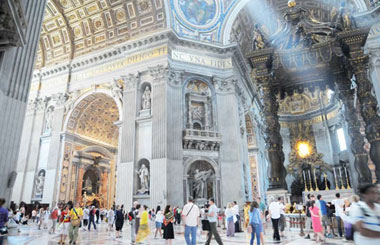
|







